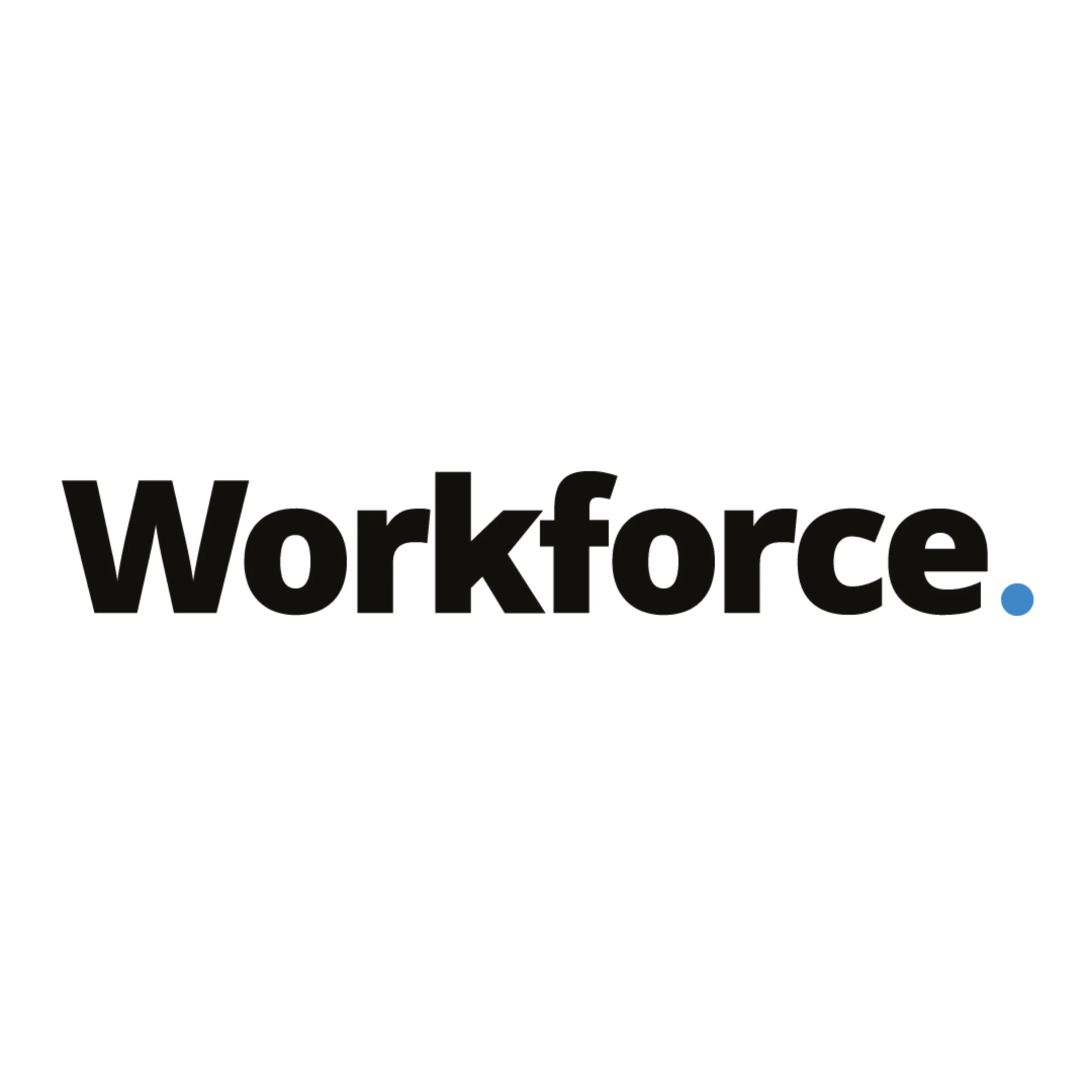Digital content conversion is changing how Nigerian organisations train, develop, and retain their people. For years, many companies relied on static manuals, bulky PowerPoint slides, or once-a-year classroom workshops to deliver important lessons. While those methods had their place, they are no longer enough for the scale, speed, and agility businesses now require. Forward-thinking leaders are realising that the materials they already have can be transformed into engaging, interactive modules that are easier to deliver, update, and measure.
Why digital content conversion matters now
Across industries, executives and HR leaders are under pressure to improve productivity while managing costs. Corporate training has often been one of the areas where companies feel this strain most acutely. Running workshops across multiple offices or onboarding hundreds of new employees can quickly become expensive and inconsistent.
This is where digital content conversion becomes critical. Instead of starting from scratch, organisations take existing training resources and convert them into digital formats that can be distributed across their workforce. The benefits are straightforward: faster access, consistent quality, and the ability to scale training without inflating costs.
Imagine a bank needing to update compliance modules after a new regulation. Rather than printing manuals or organising physical sessions for thousands of employees, the content can be converted into bite-sized e-learning modules available instantly across branches. That is impact at scale.

Corporate training in Nigeria: the scalability challenge
When we look specifically at corporate training in Nigeria, the challenge is scale. Many Nigerian organisations operate with teams spread across multiple states, often with limited infrastructure to support frequent in-person training. A single session in Lagos does not solve the problem for employees in Port Harcourt, Abuja, or Kano.
Digital formats remove this bottleneck. With content converted into interactive modules, companies can ensure every employee receives the same training, regardless of location. This is particularly important for leadership and compliance training, where consistency matters as much as the content itself. By leaning on digital delivery, Nigerian companies are saving not only costs but also time, while reducing operational disruptions.
How e-learning in Nigeria is gaining ground
The rise of e-learning in Nigeria is not an isolated trend. It reflects broader shifts in how people prefer to learn. Employees today are more comfortable accessing content on mobile devices, and they expect flexibility in how and when they learn.
By converting existing materials into digital formats, organisations can ride this wave of adoption. Instead of outdated PDFs or lecture-heavy workshops, they offer modules that include quizzes, video explainers, and interactive case studies. For learners, it feels practical and relevant. For organisations, it provides measurable engagement and performance data that paper-based training could never deliver.
Several Nigerian firms have already moved parts of their training fully online. One FMCG converted its health and safety manuals into mobile-friendly modules, improving compliance rates while cutting down onboarding time. Another financial institution turned its annual leadership training into blended modules, reducing travel costs while expanding access to mid-level managers who were previously left out.

The impact on workplace learning
Traditional training often failed because it happened too far away from the workplace. Managers returned from workshops inspired but quickly fell back into old habits. Digital formats change that.
With digital content conversion, organisations integrate learning into the flow of work. Employees can take short lessons between tasks, revisit modules when faced with new challenges, or quickly refresh themselves before key meetings. This makes workplace learning more immediate and practical, as knowledge is applied in real situations rather than stored away from months earlier.
For example, a line manager struggling with performance reviews can log into the company’s learning portal, watch a short module on effective feedback, and then immediately use those insights in their next conversation. This immediacy makes learning stick.
Training and development in Nigeria: the shift to digital
Broader training and development in Nigeria is undergoing a major shift. Organisations are no longer treating digital as an experiment but as a central pillar of their learning strategies. The reasons are simple:
-
Cost-effectiveness: Converting once-used manuals into reusable, digital modules saves printing and facilitator costs.
-
Accessibility: Training becomes available across states and branches without the burden of logistics.
-
Consistency: Everyone, regardless of where they sit in the organisation, gets the same message in the same format.
-
Measurement: HR and L&D leaders can track completion, test scores, and application of learning with greater accuracy.
By investing in digital content conversion, companies in Nigeria are moving closer to global best practice while addressing their local realities.
Practical steps to start with digital content conversion
For Nigerian organisations considering the shift, the path does not need to be overwhelming. A practical approach is often best:
-
Audit your current materials: Look at the manuals, PowerPoint slides, and policies that already exist. These often hold more value than you think.
-
Prioritise high-impact content: Begin with training that affects compliance, safety, or leadership. These are areas where consistency is critical.
-
Choose the right format: Some content works better as interactive quizzes, others as short videos or scenario-based case studies.
-
Pilot and scale: Test modules with a small group, gather feedback, and improve before rolling out across the organisation.
-
Embed into systems: Integrate modules into your LMS or internal portals to make access seamless.
This approach keeps costs manageable while ensuring results are visible from the start.
Conclusion
Digital content conversion is no longer a luxury for Nigerian organisations. It is the backbone of scalable, cost-effective, and impactful training. Whether it is compliance, onboarding, or leadership development, the ability to convert existing materials into digital modules is transforming how companies train their people.
From corporate training in Nigeria to modern workplace learning, from broad training and development in Nigeria strategies to the rise of e-learning in Nigeria, the direction is clear. Digital is the path forward, and companies that move early will enjoy a stronger, more capable workforce.
At Workforce Learning, we help organisations take this step with confidence. Our expertise in digital content conversion ensures that your materials are transformed into engaging, interactive formats that reflect global standards while staying relevant to Nigeria’s realities. To learn more, send us an email at hello@workforcegroup.com or schedule a free consultation now. And for regular insights on learning and development, follow us on LinkedIn.

